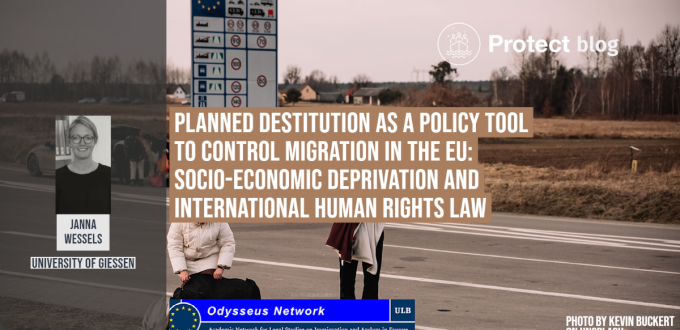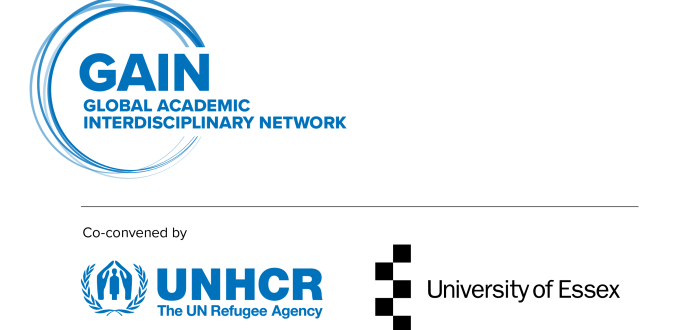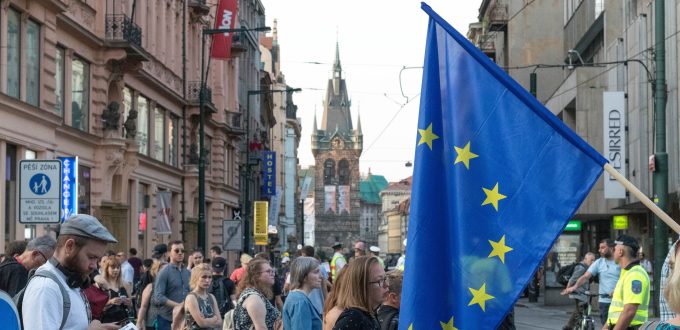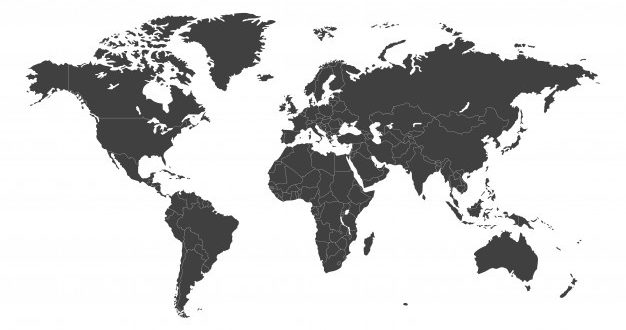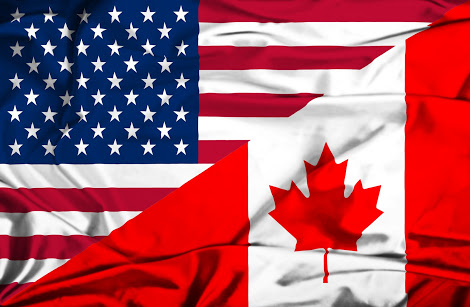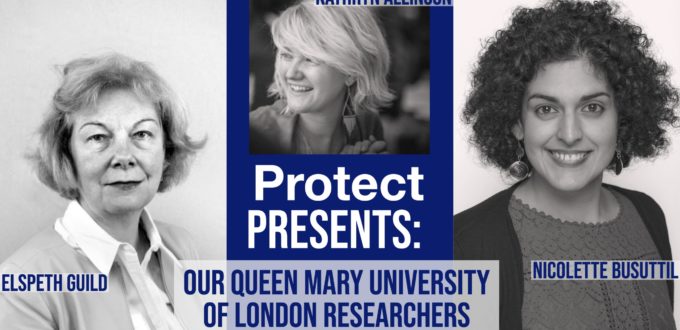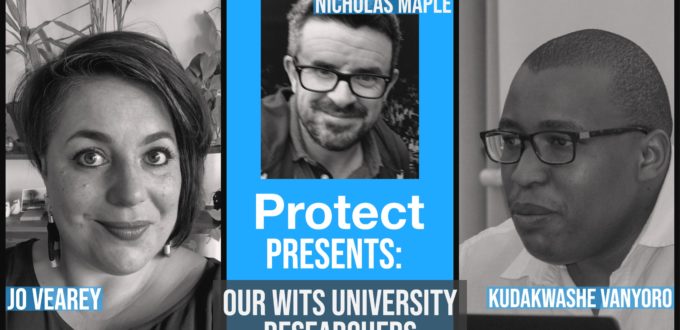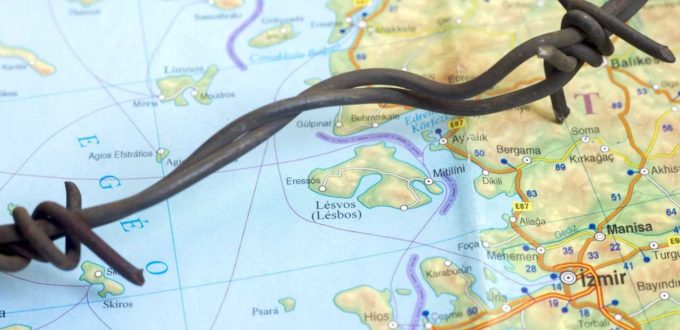Policies of ‘planned destitution’ in the EU The increased use of social and economic exclusion as a policy tool with a view to managing certain groups of ‘undesirable’ migrants is one of the major trends in European asylum and migration policy. While this already occurs under the current legislative framework, the most recent reform proposals tabled by […]
PROTECT AS PART OF THE UNHCR GAIN-NETWORK
PROTECT’s project leader, Hakan G. Sicakkan has initiated the University of Bergen’s partnership with the UNHCR – the UN Refugee Agency and membership in the GAIN-network during the first Global Refugee Forum in 2019, when the network was launched. The Global Academic Interdisciplinary Network (GAIN) was established by the Global Compact on Refugees, affirmed in […]
Recordings and policy recommendations available from the Inclusive Europe Policy Roundtable
The policy roundtable, based on findings from ten H2020 projects, looked at “Migrations and migrants in the EU: changing narratives – modifying practices – influencing policies”. The recordings from #InclusiveEurope2022 are now available on YouTube. Visit our channel to watch them. Otherwise, you can find the main proceedings of the roundtable summarized in the following […]
Relocating asylum seekers or paying someone else to do it for you? What citizens have to say
Relocation of asylum seekers has been at the heart of fierce controversies over the past decade. When the refugee crisis erupted in Europe in 2014-2016, the large inflows of asylum seekers shed light on the inadequacy of a system that everyone knew to be wobbly: the Dublin Regulation. Said Regulation aims to determine which EU member state is responsible for a given asylum claim lodged in the block. It relies on a hierarchy of principles that most often ends up in attributing responsibility to the member states whose border has been irregularly crossed. For mere geographical reasons, the states that happen to be located at the external borders of the EU are the ones bearing much of the responsibility. While this system somehow works so long as influxes are low, the sizeable increases of the years 2014-2016 clearly unveiled its limits; with Italy and Greece struggling to deal with the situation and calling for solidarity from their fellow member states.
Canada’s response to the Global Compact on Refugees: Are we doing enough?
The original version of this blog post was published by The Migration Initiative By the end of 2019, the number of refugees worldwide reached 26 million and it continues to rise. Today, developing countries, such as Turkey and Uganda, host the vast majority of the world’s refugees. Clearly, robust solutions to the plight of refugees have […]
Who is (un)protected by the law?
– Migration is an important field of law because legal status makes an enormous difference. If you have status as ‘citizen’ you are protected by the law in a completely different way than refugees and migrants.
“The US is not safe for asylum seekers” – Federal Court of Canada strikes down the Canada-US Agreeme
The Federal Court of Canada has determined that the Canada-US Safe Third Country Agreement (STCA) infringes upon asylum seekers’ right to international protection and has given the Parliament six months to take necessary action. Until then, Canada can continue handing over asylum seekers to the US officials, exposing them to arbitrary detention and the possibility of immediate deportation to the countries where they have fled persecution or other life-threatening situations. The Federal Court should rescind the STCA immediately, not six months from now, say PROTECT researchers, Idil Atak, Zainab Abu Alrob and Jona Zyfi in this blog piece.
PROTECT partner presentations: The Queen Mary University of London
The Queen Mary University of London is one of PROTECT’s two UK-based teams. The team is led by the distinguished EU law and migration expert Elspeth Guild, joining her are the aspiring law scholar Kathryn Allinson and Nicolette Busuttil. Together, the team has followed the processes surrounding the UN Compacts on Migrants and Refugees closely and explored their potential in advancing the international protection system.
PROTECT partner presentations: The University of the Witwatersrand
Joining the international PROTECT consortium from Wits University are Associate Professor and Director of the African Centre for Migration & Society, Jo Vearey, Dr. Nicholas Maple, and Dr. Kudakwashe Vanyoro.
How is the Corona pandemic affecting the lives of refugees, asylum seekers, and migrants in Greece a...
In this blog post Dr. Theofanis Exadaktylos from University of Surrey, UK and Professor Francesca Longo from University of Catania, Italy address the situation for refugees, migrants and asylum seekers in Greece and Italy.

